Full Moon Effects on Health: Uncovering How the Lunar Phase Impacts Everyone, Especially Those with Chronic Illness
Category: Chronic Health Tips
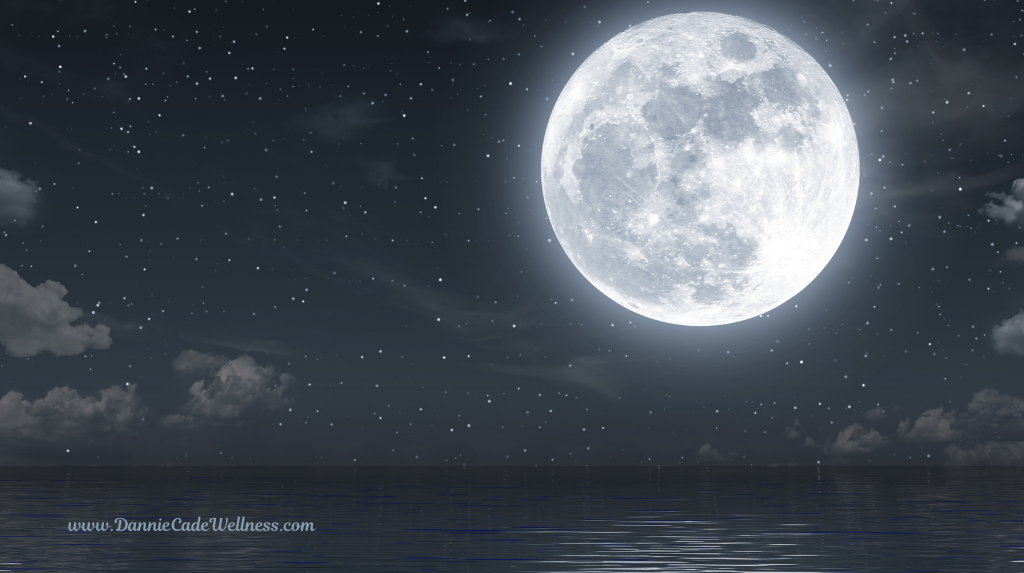
The Full Moon’s Influence on Health: Unveiling the Mysteries
Have you been feeling extra tired, achy, or just plain “off” during the last week? Type “Feeling Off” in the comments if that’s you, and believe it or not, there’s a reason! We just had a full moon, and although some might say it brings out the wolves, for many others it brings out the blues.
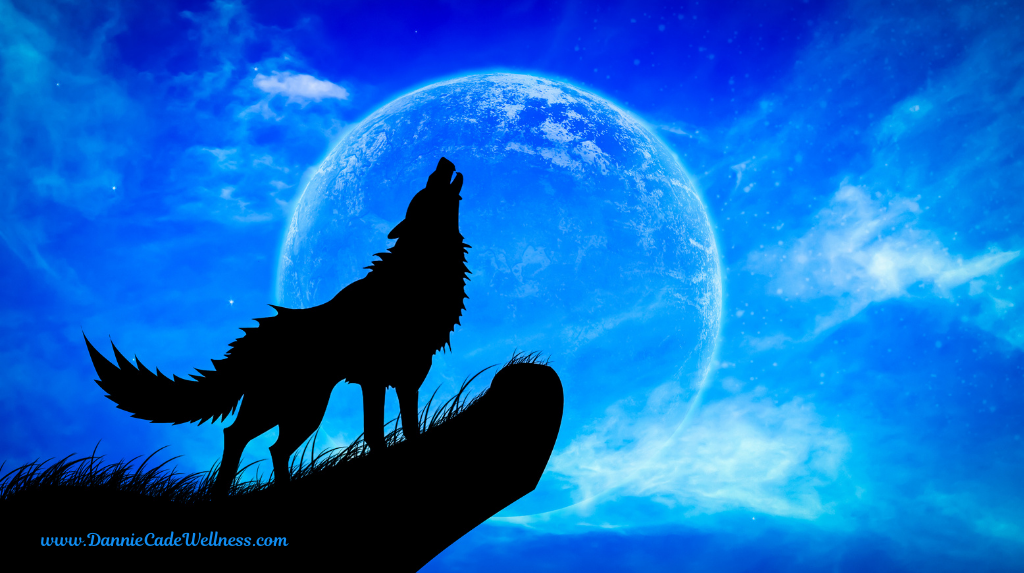
Whether you’re dealing with chronic illnesses like Lyme disease, fibromyalgia, multiple sclerosis (MS), or lupus (just to name a few) or you’re generally healthy, either way, the effects can feel intense. Many report worsened symptoms during a full moon, like increased fatigue, heightened pain, worsened mood swings, and disrupted sleep patterns. Everything, in general, just feels worse.
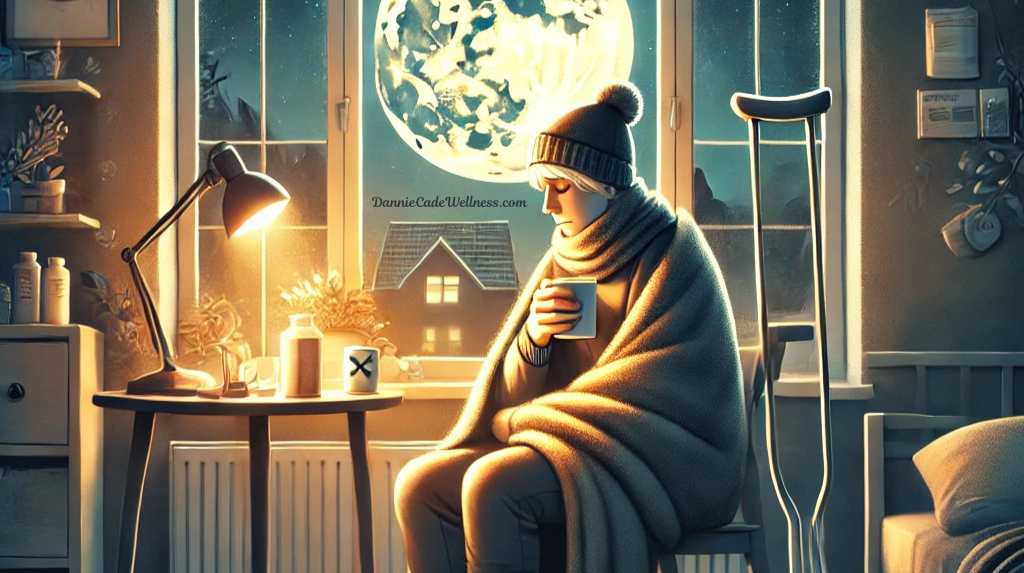
Interestingly, not everyone connects the dots between their symptoms and the full moon, but our shared experiences lay the groundwork for investigating this phenomenon that is still being researched, hopefully we’ll learn more soon. For now, imagine your body’s fluids being influenced by the moon’s gravitational pull, like the tides of the ocean.
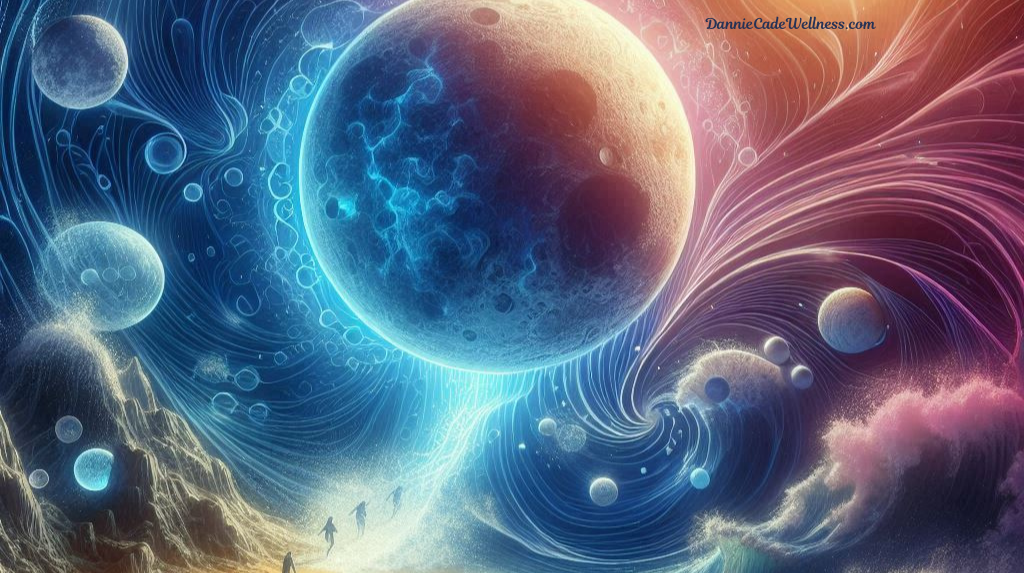
With our bodies being 60% water, this pull could exacerbate symptoms such as swelling and inflammation for those with chronic illnesses and make anyone feel off-kilter. Around the full moon, it’s like a collective “ugh” is happening all over the world. The body’s immune response is waging a war, and this celestial event might be exactly what’s stirring it up.
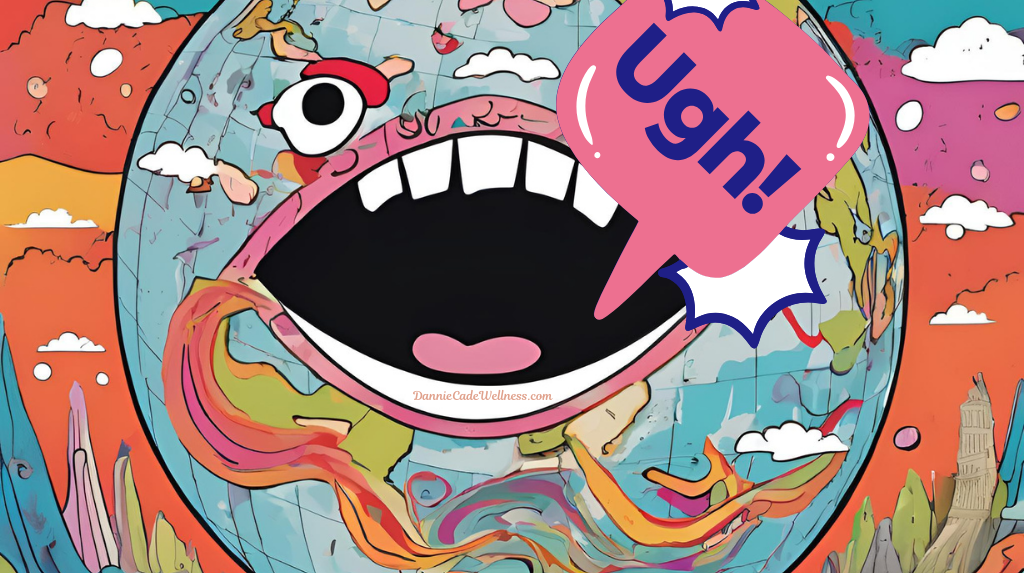
Our immune system releases cytokines – proteins that help control immune responses, and these can cause inflammation. When the lunar light is bright, this response might be amplified, leading to more severe symptoms for those with chronic illnesses and a general sense of imbalance for even healthy individuals. Do those bright nights disturb our sleep?
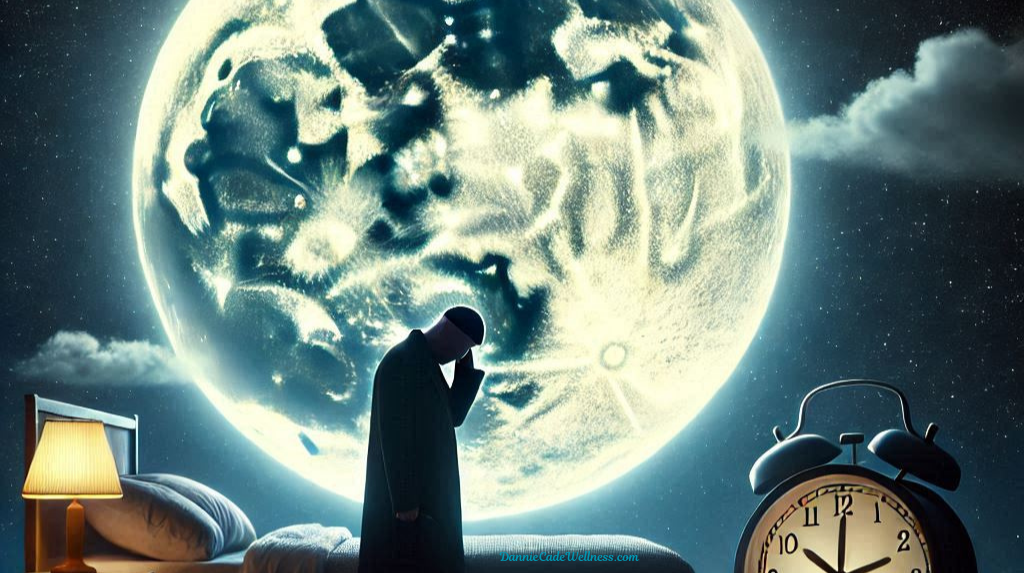
Sometimes, yes! It’s common to be tossing and turning, unable to drift into deep sleep, which makes it even harder for people already battling chronic pain and fatigue, leading to a domino effect of worsened symptoms. Even those without chronic health issues can find themselves unusually restless and fatigued. For those aware of the moon’s effects, there’s a psychological element too.
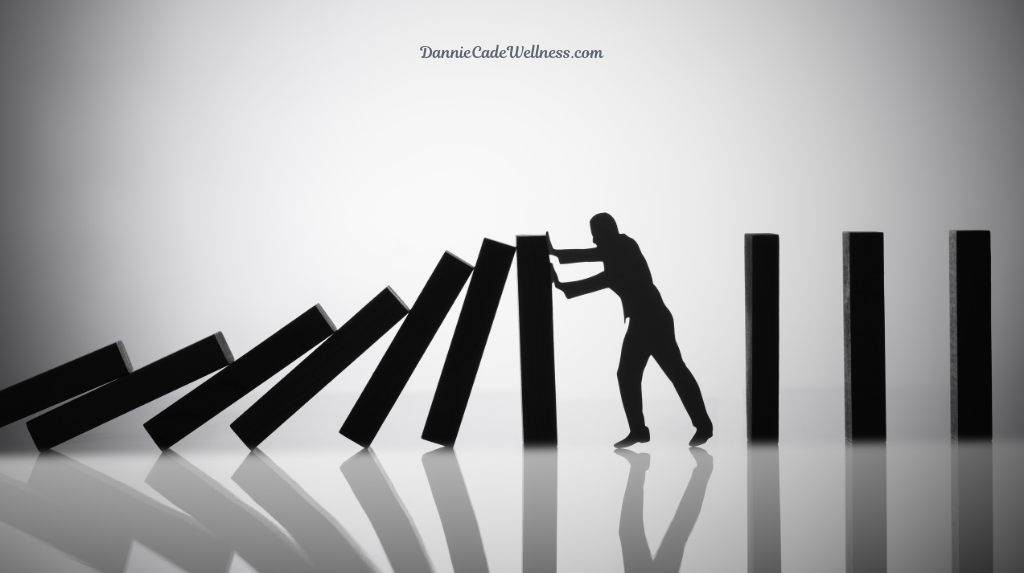
Anticipation and common beliefs can create a self-fulfilling cycle of stress and anxiety, making symptoms even worse. It’s almost as if the mind is playing tricks on the body, amplifying pain and discomfort. When I was at my worst with Lyme disease, the full moon had me feeling like someone cranked up the dial on my torment Dannie machine.
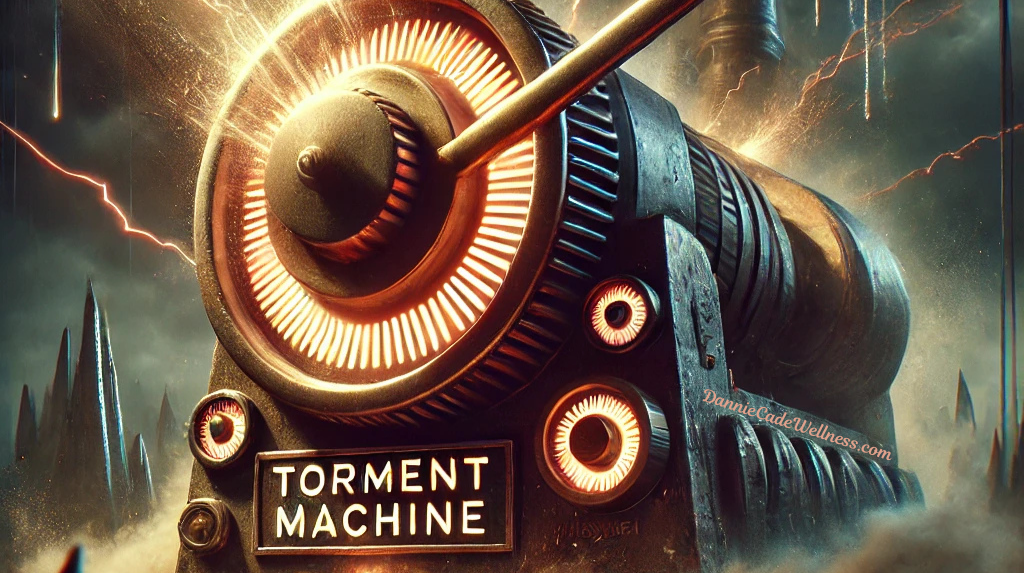
The swelling, aches, pains, brain fog, and even the feeling of rigor mortis would all intensify. It was as if the cosmos decided to have an extra laugh at my expense. Interestingly, this cosmic event can impact everyone differently, yet there are similarities across the board. Here’s the effect of the full moon on various groups:
Lyme Disease Patients: Worsened fatigue, pain, and cognitive issues.
Fibromyalgia Sufferers: Increased pain and fatigue due to inflammation and poor sleep patterns.
MS Patients: Heightened fatigue, muscle spasms, and pain, along with disrupted sleep.
Lupus Patients: Increased joint pain, fatigue, and overall inflammation.
Healthy Individuals: Mood swings, irritability, and trouble sleeping, leading to increased stress and imbalance.
Migraine Sufferers: Significant increase in frequency and intensity of migraines.
Animal Behavior: Best time to go fishing due to more fish bites, and you might also notice altered actions of nocturnal creatures like owls and wolves as that’s quite common.
Emergency Room Visits: Spike during the full moon, especially for psychiatric conditions.
Crime Rates: Some studies suggest that violent crimes, including assaults, may see a 5-10% increase during a full moon
The lunar pull also influences birthing rates and vivid dreams: Some studies have observed that there may be a slight, unexplained increase in births around the time of a full moon. There is also evidence that the full moon may influence sleep patterns, potentially increasing REM sleep, which is when vivid dreams occur. The direct impact on dream intensity will obviously vary between individuals, depending on how this event effects them.
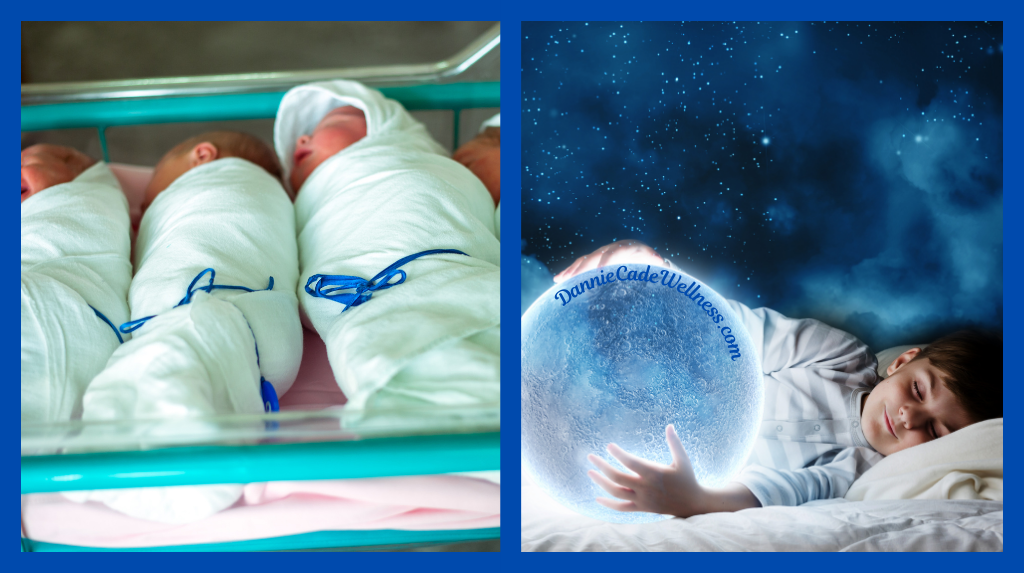
Additionally, when it comes to those with a parasitic load, the full moon plays a role there too. Parasites often show increased activity during this time. The drop in melatonin in humans, paired with increased serotonin levels in parasites, can lead to heightened parasitic activity, worsening symptoms like inflammation, bloating, headaches, and fatigue.
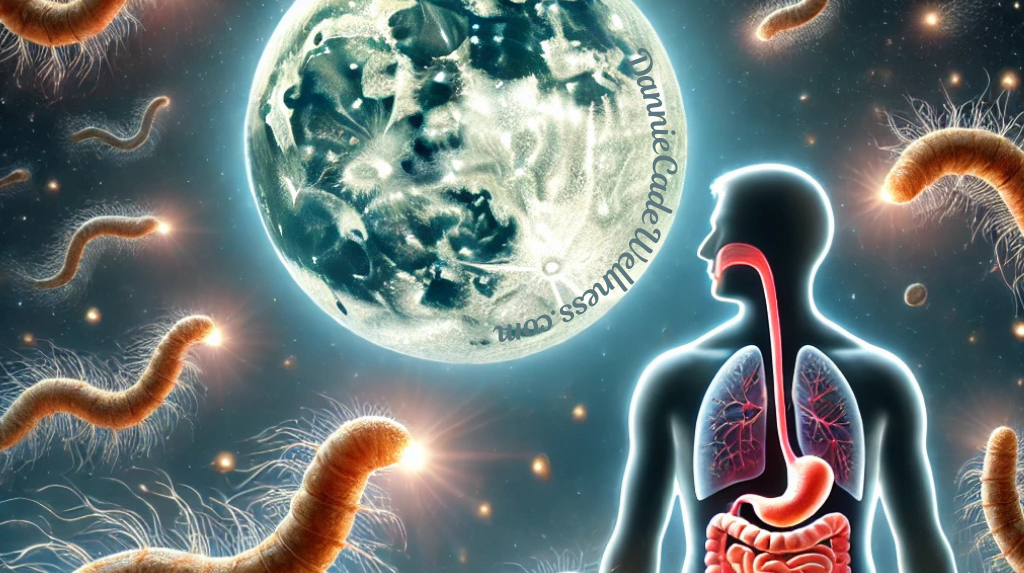
This celestial phase impacts our health, but what can we do to manage these effects? Let’s start with sleep. I know, you’ve heaard how you need to get a good night’s sleep but how? Start by making a sleep sanctuary by avoiding caffiene after 2 pm, staying away from screens before bed, using blackout curtains, and establishing a calming routine for yourself. Consider melatonin supplements if that’s advised by your healthcare provider. Imyself turn off all electrical devices in my room at bedtime.
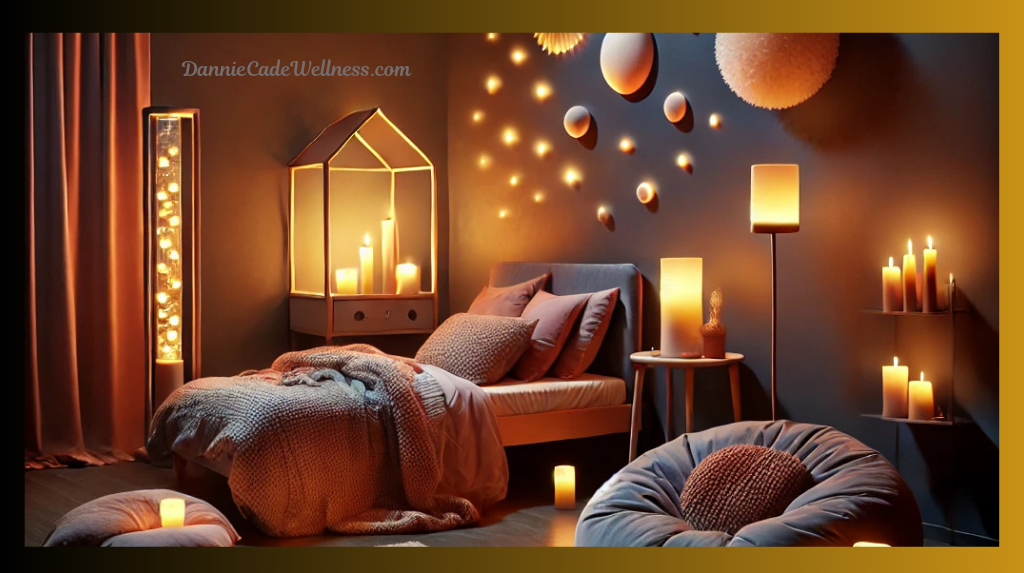
Do what you can to manage stress and anxiety such as practicing mindfulness, gentle exercising, journaling, or seeking support can be helpful. One of my favorite tools is to focus on three things that I’m grateful for, and I take the time to think of all of the intricate details involved for those things to happen – rarely do I make it to third if I’m snuggled down in bed.

This should be included as well in that format please: Caffeine can disrupt sleep, making fatigue and irritability worse. – Limit Exposure to Moonlight as moon bathing may not be your thing after all. Spend more time indoors in the evening, use blackout shades or eye masks to create a dark, restful environment.
Here’s the updated version with your additional points included:
Tips for Managing Symptoms:
- Adjust Medication or Supplements:
- Consult with your healthcare provider. Adjusting medication or supplement regimens, especially anti-inflammatory ones like omegas, flax, turmeric, and cumin, or CBD, might provide relief.
- Hydration and Nutrition:
- Stay fully hydrated and maintain a balanced diet rich in anti-inflammatory foods like leafy greens, berries, and fatty fish, which can also bolster your immune system.
- Dietary Adjustments:
- Avoid high-sugar foods to prevent energy spikes and crashes.
- Avoid processed foods as they can increase inflammation.
- Limit caffeine intake, as it can disrupt sleep, worsening fatigue and irritability.
- Limit Exposure to Moonlight:
- Spend more time indoors in the evening. Use blackout shades or eye masks to create a dark, restful environment, since moon bathing might not be your thing after all.
Our journey through moonlit nights and mysterious flare-ups reveals an interesting tapestry of health experiences. Understanding factors from gravitational pulls to psychological impacts can help us navigate these challenges better. Remember, you’re not alone in this journey, we’re all in this together as a planet.
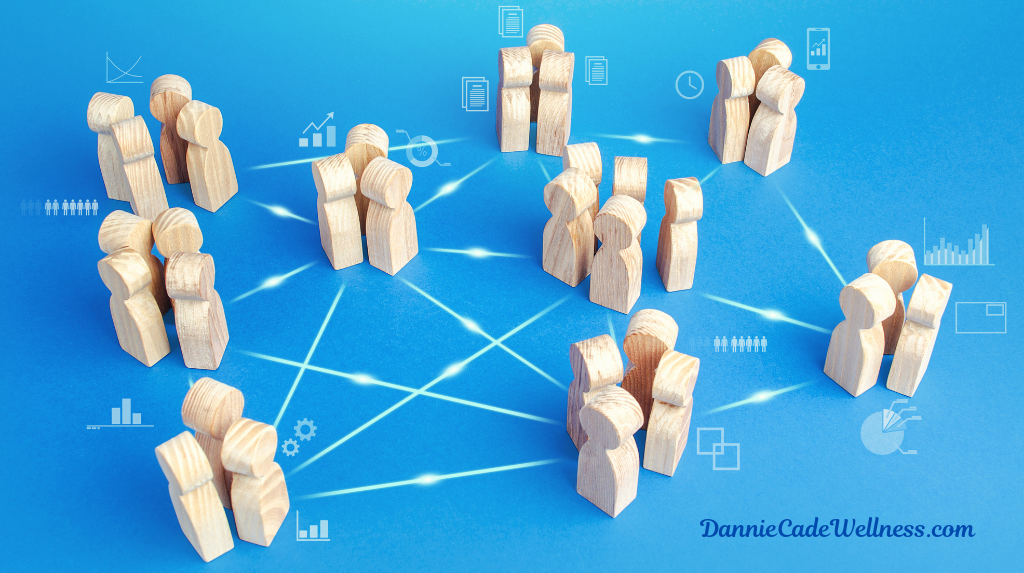
So now that you know this we can be prepared for the next full moon by being proactive in managing its effects. I hope you share this knowledge, engage in discussions, and support each other in navigating these lunar challenges. Together, we can turn the moon’s mystical influence into a positive, empowering experience.
For more ways to fine tune these suggestions for the next full moon, you are welcome to create yourself a free membership in my online resource center where there is all sorts of everything for everyone. You can also join my facebook group where like minded people are sharing what they know so that together we can educate ourselves to better health. Prefer videos? I’m on youtube as well as going live twice a week on my facebook fan page with short 10 – 15 minute shows designed to help you live a more comfortable and enjoyable life. Failing those, drop the word FULL MOON in the chat and I’ll reach out to you! I hope to see you soon!
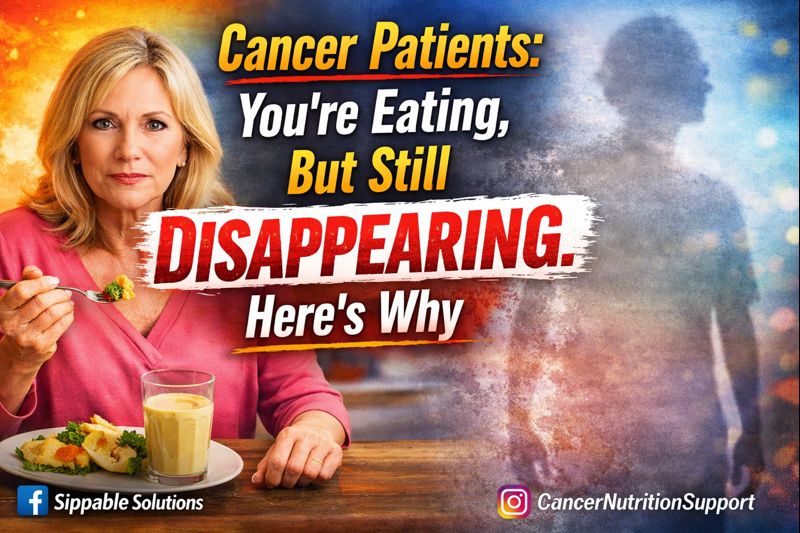

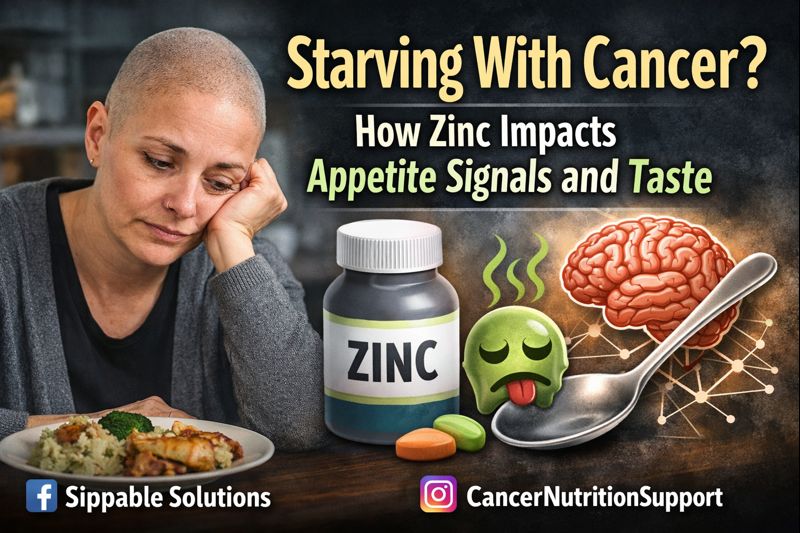
Facebook Comments